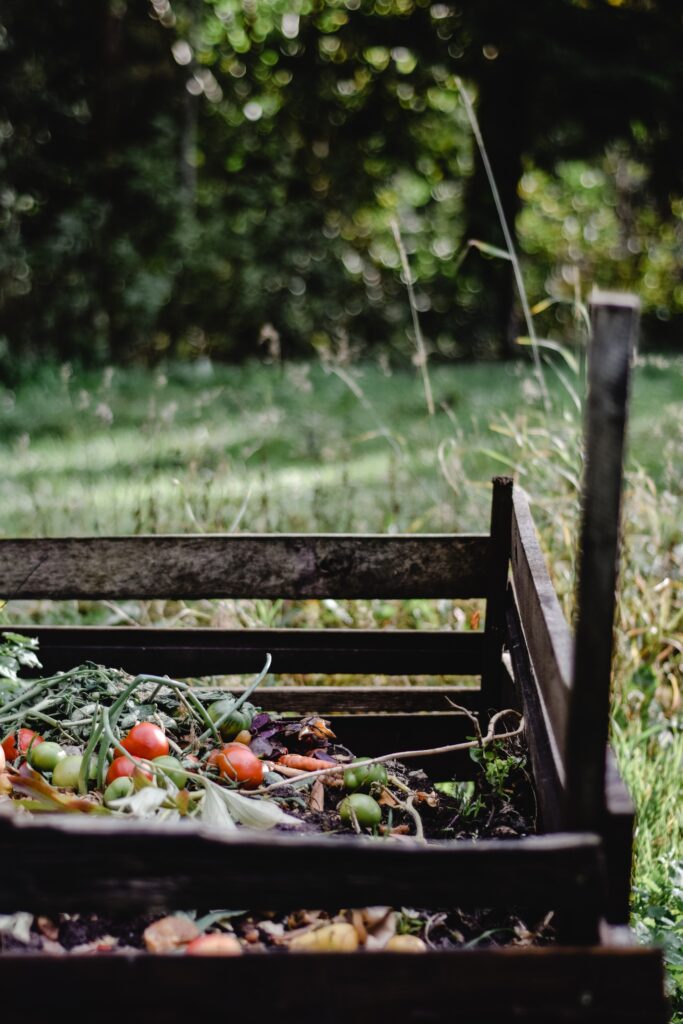Composting isn’t often something you get excited about. But it is really beneficial to learn more about it. This article will provide you with a better understanding of compost fertilizer and the benefits it could have for your garden, whether you want to become a professional composter or are unsure of where to begin.
Although it appears difficult, composting is actually fairly simple. Compost improves the taste of your food, the growth of your garden, and the ecosystem as a whole. Composting, however, accomplishes more than that. For more information on the many advantages of composting and why it’s fantastic, keep reading.
You only need a bin, some food scraps, and yard trash to start composting, which is a simple approach to care for your garden.
It’s really easy! Simply put your food scraps in a bin and cover them with straw and other yard debris.
Place the bin in direct sunlight and rotate it every few weeks to keep the contents mixing. The compost will release nutrients back into the soil as it breaks down, enabling plants to develop more robustly and healthily.
Watching your garden flourish will show you that your composting efforts are paying off over time.
You can compost year-round, no matter the weather
Composting doesn’t require you to wait for ideal weather to begin, which is its best feature. Even if your compost pile is under cover, you can keep it going all year. Cover your pile with a tarp or a piece of plastic sheeting if you’re concerned about rain. Cover your pile with straw or hay if the weather drops below freezing to prevent it from freezing and killing the microorganisms that are actively assisting in the decomposition process.
Composting can save you money on gardening expenses
Gardening is one of the best ways to get outside, stay active, and save money. And composting your garden waste can help you out in all three areas.
Composting is when organic matter breaks down into a nutrient-rich soil amendment. You can buy commercial compost or make your own with scraps from around the house: vegetable peels, fruit rinds, coffee grounds, eggshells and even animal manure are all great additions to your compost bin.
Not only does composting reduce the amount of waste you send to the landfill, but it’s also free (or close to free) to make at home! So whether you’re just starting a garden or looking for ways to cut back on your gardening expenses, composting is an easy way to do it!
It’s easy to build a backyard composter
Consider installing a composter if you want an alternative to the compost pile in your backyard or if you want to dispose of your yard waste without having to pay for it. Composting is a great technique to cut waste and produce soil that is rich in nutrients. Depending on what you have available, the process can be carried out either inside or outside. Either a mound of wood chips with holes in it or an enclosed bin can be used for composting.
A composter consists of two parts: the container itself and the contents inside it. The container needs to be large enough so that the contents have adequate room for aeration and heat retention. It should also be made from something porous so that water can drain out easily. A wooden box works well because it is inexpensive and easy to find materials for making one at home (e.g., plywood). Other options include plastic bins or barrels with holes drilled into them so that water can drain out easily from inside them as well.
The second part consists of materials like leaves, grass clippings, plant stems/leaves/roots (e.g., weeds), kitchen scraps (no meat bones though!), coffee grounds/
Don’t throw your food waste. You can make it into a compost fertilizer!
Compost is an essential part of any garden, but it can be hard to make on your own. Fortunately, there are some easy ways to ensure that you’re getting the most out of your food scraps.
The first step is to start saving them instead of throwing them away. You can use a compost pail or a bowl, but even just putting them in a bag on your counter will work if you’re not ready for anything more involved. Once you’ve got your scraps, though, what should you do with them?
You can mix them with other organic matter like grass clippings and leaves to make compost right away—just make sure they’re chopped up first so they break down better. But if you don’t have time for that now but want to save the material so it doesn’t go to waste later (or if you just don’t have room in your yard), there are other options:
- Instead of decomposing in a landfill, place the wastes in a worm bin where they will be converted into nutrient-rich fertilizer. This can take a while—at least a couple of months—but once it’s finished, you’ll have rich soil that’s ideal for
So there you have it! Composting is an easy, cost-effective way to nurture your garden. With a little bit of effort and some time, you can set up a compost bin that will not only help you grow more food but also save money on fertilizer.
